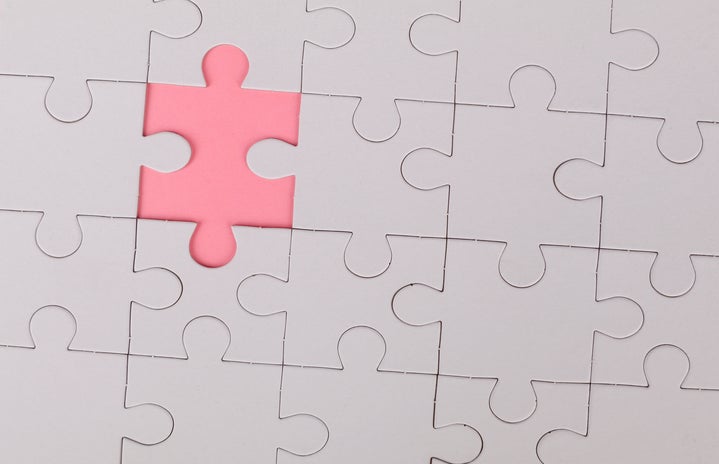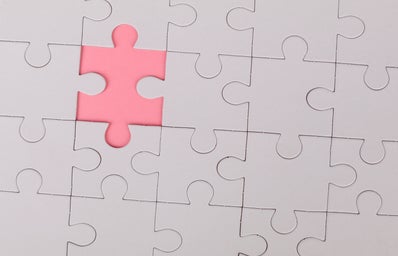Finding moments for mental clarity can be challenging when you have a busy schedule. The New York Times Games — whether it’s the daily crossword, Connections, or Wordle — have become an important part of my daily routine. Beyond offering a fun distraction, these puzzles have evolved into a meaningful mental workout that sharpens my focus, enhances problem-solving skills and promotes long-term brain health.
Every morning, I have five essential steps to my morning routine: get out of bed, brush my teeth, wash my face, change my clothes, make a cup of coffee and play my New York Times games. To me, this last step is the most important, but also the most enjoyable. Establishing this routine has been a key part of my mental wellness. According to Northwestern Medicine, maintaining consistent daily habits can reduce stress and improve mental health, allowing the brain to anticipate and respond to challenges more effectively. This predictable, engaging activity helps kickstart my brain for the day while offering a structured way to relax during stressful moments.
Engaging in puzzle-solving has been shown to enhance cognitive function. Puzzle games, such as crosswords and word challenges, improve concentration and problem-solving skills, which is why they’ve become a vital part of my day. According to research published by the National Institute of Health, these activities stimulate areas of the brain responsible for memory and critical thinking. Consistent mental engagement through games helps in maintaining brain plasticity — the ability of the brain to reorganize itself by forming new neural connections.
Each New York Times Game offers unique cognitive challenges, making them both enjoyable and beneficial. Crosswords are renowned for improving vocabulary and critical thinking, with studies indicating that regular engagement can enhance verbal reasoning and memory retention. Wordle, with its simple five-letter word guessing challenge, trains quick decision-making and logical thinking, promoting strategic elimination of letter options in each attempt. Connections, a newer addition to the New York Times puzzle suite, tasks players with identifying groups of four related words, which challenges the brain’s ability to spot patterns and associations, thus improving cognitive flexibility and categorical thinking — valuable skills in problem-solving.
Beyond the personal cognitive benefits, the New York Times Games can be socially enriching. I often find myself discussing the solutions and comparing scores with friends, which makes playing even more fun and adds a competitive edge. This social aspect of puzzle-solving can boost motivation and promote a sense of community. For example, the Mini Crossword has become a daily competition among many family, friends and even co-workers, sparking conversations and fostering social bonds through friendly rivalry. This competitive aspect not only makes the puzzles more engaging but also strengthens motivation and enhances the overall experience.
New York Times Games have become more than just a daily habit — they’ve become a meaningful mental exercise that helps improve focus, creativity and cognitive flexibility. By maintaining this routine, I can reduce stress and give my brain a healthy workout each day. Whether you’re looking to improve brain function or simply enjoy a fun challenge, incorporating puzzles into your daily schedule could provide a boost for both mental and emotional well-being.


